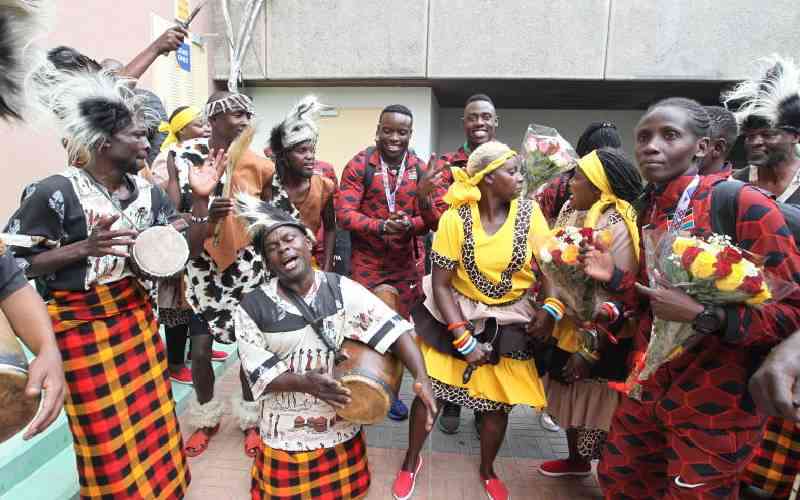
“The typewriter” is a comical yet delightful piece of classical music composed by Leroy Anderson that plays to the rhythm of the distinct old typewriter. It is a masterpiece that is more musical than many complex pieces that do not stir the heart. And yet, all it does is to tap away at the typewriter rhythm, giving some percussion sense, with an occasional “ping” bell. The music is composed around the “musical instrument” of the typewriter.
This imagery of an orchestra or choir, can be a good analogy for our nation. To produce good music, you need coordination, unity of purpose, and a good composition as the necessary ingredients. These are the very same needed for a good society. As we approach the elections, the noise levels have risen significantly – a crescendo you might say. Many are banging their instruments, often totally out of sync, and out of tune.